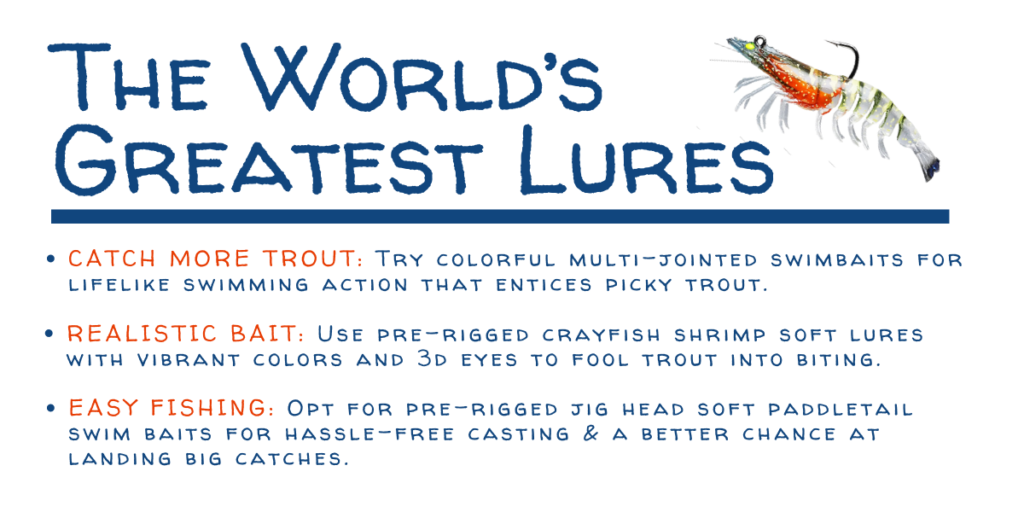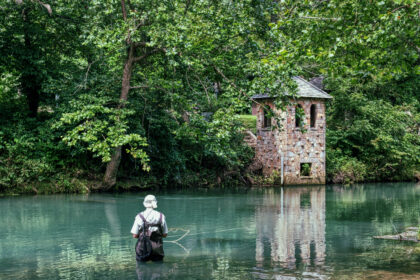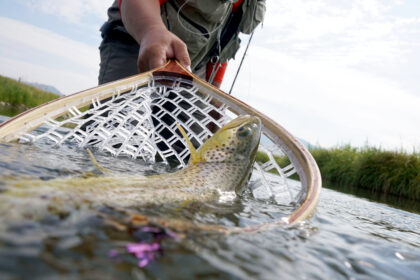2024 Fishing License for Arizona
To obtain a fishing license in Arizona, you can visit the Arizona Game and Fish Department’s website or their physical offices. On their website, you’ll find a section specifically for purchasing licenses, permits, and tags. You can choose the type of fishing license you need based on your residency status (resident or non-resident) and age category (adult, youth, or combination licenses). Follow the online prompts to fill out the necessary information, such as personal details and payment.
Once your transaction is complete, you’ll receive a digital copy of your fishing license, which you can print out or store electronically on your smartphone. If you prefer to get a license in person, you can visit a designated license dealer or one of the Arizona Game and Fish Department’s offices throughout the state. Be sure to check the 2024 Arizona Fishing Regulations for the most up-to-date fishing regulations, size and creel limits.
2024 | Annual* | Trout Stamp |
Resident | $37.00 | N/A |
Non-Resident | $55.00 | N/A |
*License valid one year from date of purchase.


Fishing License Regulations: A Comprehensive Guide
Arizona, with its diverse landscapes ranging from deserts to mountains, offers anglers a myriad of fishing opportunities. However, before casting a line into one of Arizona’s pristine waters, it’s crucial to understand the state’s fishing license for Arizona regulations. In this comprehensive guide, we’ll delve into the intricacies of acquiring a fishing license in Arizona and explore the associated costs and regulations.
Understanding Arizona Fishing License Regulations
The Arizona Game and Fish Department (AZGFD) oversees the issuance of fishing licenses and enforces regulations to ensure sustainable fishing practices and the conservation of aquatic ecosystems. Whether you’re a resident, non-resident, or a junior angler, obtaining a fishing license is a prerequisite for fishing in Arizona’s waters.
Types of Fishing Licenses in Arizona
Arizona offers various types of fishing licenses tailored to meet the needs of different anglers. These include:
1. Resident Fishing License: Designed for individuals who are permanent residents of Arizona.
2. Non-Resident Fishing License: Intended for anglers who do not reside in Arizona.
3. Youth Fishing License: Available for young anglers under a certain age threshold, typically 17 years old.
4. Short-Term Fishing License: Ideal for visitors or occasional anglers who wish to fish for a shorter duration.
Each type of license may have different fees and validity periods, so it’s essential to choose the one that best suits your fishing needs.
Costs of Arizona Fishing Licenses
The cost of a fishing license in Arizona varies depending on several factors, including residency status, duration of validity, and age. Generally, resident fishing licenses are more affordable than non-resident licenses. Additionally, discounts may be available for senior citizens, military personnel, and individuals with disabilities.
Resident fishing licenses typically range from $25 to $57 for the year, depending on the age of the angler and whether they opt for a combination hunting and fishing license. Non-residents can expect to pay higher fees, ranging from $55 for a 5-day license to $160 for an annual license. Youth licenses are often more affordable, with fees ranging from $5 to $23.
Arizona Fishing Regulations
In addition to holding a valid fishing license, anglers in Arizona must adhere to specific regulations to ensure sustainable fishing practices and protect the state’s aquatic resources. These regulations cover various aspects of fishing, including:
1. Bag and Possession Limits: Restrictions on the number and size of fish that anglers are permitted to catch and possess.
2. Seasonal Closures: Certain waters may be closed to fishing during specific times of the year to protect spawning fish populations or sensitive habitats.
3. Gear Restrictions: Regulations regarding the types of fishing gear allowed, including bait, lures, hooks, and fishing methods.
4. Catch-and-Release Practices: Encouraging anglers to release certain fish species unharmed to support conservation efforts and maintain healthy fish populations.
5. Special Regulations Zones: Designated areas with specific fishing regulations aimed at conserving unique fish populations or habitats.
It’s essential for anglers to familiarize themselves with these regulations before embarking on a fishing trip to ensure compliance and contribute to the conservation of Arizona’s aquatic ecosystems.
Where to Obtain a Fishing License
Obtaining a fishing license in Arizona is a straightforward process. Licenses can be purchased online through the Arizona Game and Fish Department’s website, at authorized license dealers, or through the department’s customer service office. Anglers may also have the option to purchase licenses for multiple years, providing convenience and savings for frequent anglers.

Conclusion
As you prepare for your next fishing adventure in Arizona, understanding the state’s fishing license regulations is paramount. By obtaining the appropriate fishing license, adhering to regulations, and practicing responsible fishing habits, you can enjoy the beauty of Arizona’s waters while contributing to the conservation of its aquatic resources. Whether you’re a resident, non-resident, or junior angler, Arizona offers fishing opportunities for anglers of all ages and skill levels. So, grab your fishing gear, secure your fishing license, and embark on an unforgettable angling experience in the Grand Canyon State.
Additional Tips for Anglers
In addition to obtaining a fishing license and adhering to regulations, here are some additional tips for anglers planning to fish in Arizona:
1. Research Fishing Spots: Explore Arizona’s diverse fishing destinations, from lakes and rivers to reservoirs and streams. Research the types of fish species available in each location and the best times of year to fish.
2. Pack Essential Gear: Make sure to pack all necessary fishing gear, including rods, reels, lines, bait, and tackle. Don’t forget to bring sunscreen, water, and snacks to stay hydrated and energized during your fishing trip.
3. Respect Wildlife and the Environment: Practice Leave No Trace principles and minimize your impact on the environment while fishing. Respect wildlife and their habitats, and dispose of trash properly to keep Arizona’s waters clean and pristine for future generations.
4. Stay Informed: Stay up-to-date on any changes to Arizona’s fishing regulations, seasonal closures, or special fishing events through the Arizona Game and Fish Department’s website or by subscribing to their newsletters and social media channels.
By following these tips and guidelines, anglers can make the most of their fishing experiences in Arizona while contributing to the conservation and preservation of the state’s natural resources.
In Conclusion
Arizona’s fishing license regulations are designed to promote responsible angling practices and protect the state’s diverse aquatic ecosystems. By obtaining the appropriate fishing license, familiarizing yourself with regulations, and practicing ethical fishing habits, you can enjoy a rewarding fishing experience while contributing to conservation efforts. Whether you’re a seasoned angler or a beginner, Arizona offers abundant fishing opportunities waiting to be explored. So, plan your next fishing trip, pack your gear, and immerse yourself in the beauty of Arizona’s waters. Happy fishing!




